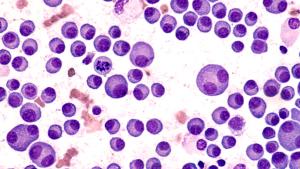Applied Clinical Trials Editorial Staff
Articles by Applied Clinical Trials Editorial Staff
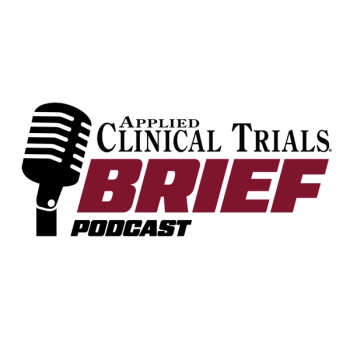
In this pilot episode of the Applied Clinical Trials Brief, we examine the renewed push for placebo-controlled vaccine trials in the US, why experts warn it violates core ethical standards, and how these proposals could jeopardize both participant safety and future innovation.

Mick Ryan, vice president of IT at ICON plc, discusses the growing use of artificial intelligence in clinical research—from technology and data analysis to patient privacy and ethics.

Q&A with Joachim Lövin explores the challenges and lessons learned in boosting the flexibility of conducting decentralized clinical trials post-COVID.
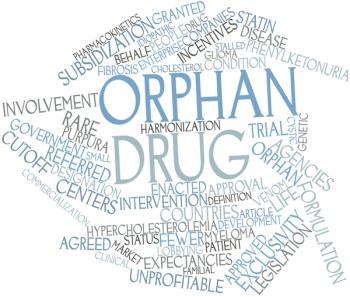
Efineptakin alfa, the only clinical stage long-acting human interleukin-7, is currently being evaluated in Phase I/II clinical trials in combination with pembrolizumab (Keytruda) for patients with advanced solid tumors, including pancreatic cancer.

The manufacturing process for CAR T-cell therapies is vital in preparing a patient’s cells for a one-time cell therapy infusion that is specifically tailored to meet each patient’s needs.
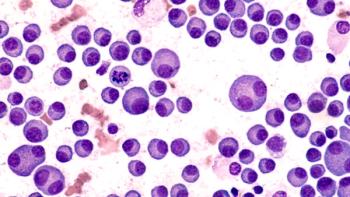
Darzalex Faspro with bortezomib, lenalidomide, and dexamethasone for induction and consolidation therapy and in combination with maintenance lenalidomide found to improve survival in patients with multiple myeloma who are eligible for autologous stem cell transplant.

The Padcev/Keytruda combination produced statistically significant and clinically meaningful improvements to survival compared to platinum-containing chemotherapy in first-line treatment of adults with previously untreated locally advanced or metastatic urothelial cancer.

Phase II TRANSCEND FL and Phase I TRANSCEND NHL 001 trial data lead to FDA Priority Review designation for Breyanzi to treat relapsed or refractory follicular lymphoma and mantle cell lymphoma.
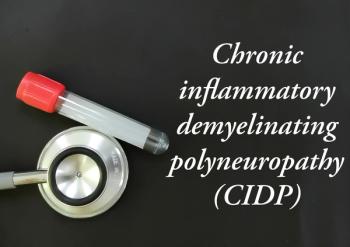
Intravenous immunoglobulin Gammagard Liquid approved by the FDA to treat neuromuscular disability and impairment in adults with chronic inflammatory demyelinating polyneuropathy.

Monthly, higher doses of novel therapy SRP-5051 (vesleteplirsen) found to produce substantially greater increases in dystrophin and exon skipping compared to the lower weekly dose.

Trial shows Keytruda improved overall survival by 38% compared with placebo in in patients with renal cell carcinoma at intermediate-high or high risk of recurrence after nephrectomy or nephrectomy and resection of metastatic lesions.

The Priority Revew designation was based on findings from the ongoing, global, multicenter, multi-cohort, open-label Phase II DESTINY-PanTumor02 trial of of Enhertu for patients with previously treated HER2-expressing tumors, including biliary tract cancer, bladder cancer, cervical cancer, endometrial cancer, ovarian cancer, pancreatic cancer, and other tumor types.
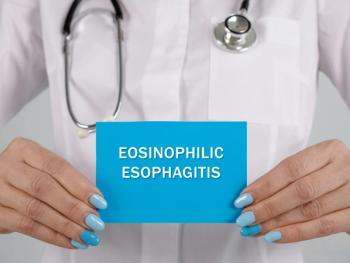
Approval based on findings from the Phase III EoE KIDS trial, in which 66% of patients administered a higher dose of Dupixent based on weight achieved histological disease remission.
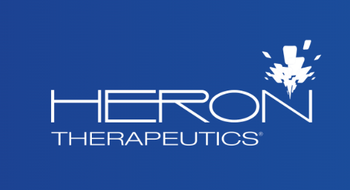
Zynrelef was the first dual-acting local anesthetic approved by the FDA with a fixed-dose combination of bupivacaine and meloxicam.

Theratechnologies said it will address the concerns raised in the FDA’s complete response letter and will continue to seek approval for the new formulation of tesamorelin for the treatment of lipodystrophy in patients with HIV.

The FDA made the decision to require boxed warnings on CAR T-cell therapies based on reports of T-cell malignancies in patients administered BCMA- or CD19-directed autologous CAR T-cell immunotherapies.

FDA accepts biologics license application from Autolus Therapeutics for obecabtagene autoleucel to treat adults with relapsed or refractory B-cell acute lymphoblastic leukemia.

Mirati’s oncology portfolio includes promising early phase clinical assets such as a potential first-in-class MTA-cooperative PRMT5 inhibitor and a leading KRAS and KRAS enabling program with a pair of candidates in Phase I development.

Osteoboost was previously granted FDA Breakthrough Device Designation to treat diminished bone health in postmenopausal women with osteopenia.
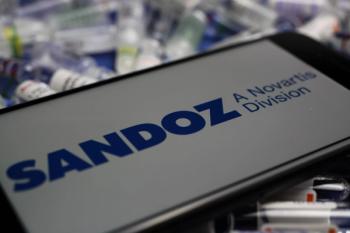
In clinical trials, Cimerli met FDA standards for biosimilarity to the reference Lucentis, including safety, efficacy, and quality.
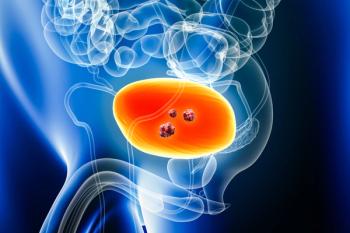
Balversa (erdafitinib) is a fibroblast growth factor inhibitor granted accelerated approval by the FDA in April 2019 for adults with locally advanced or metastatic urothelial carcinoma with susceptible FGFR3 genetic mutations whose disease progressed on or following one line of systemic therapy.

Data from the NETTER-2 trial show that first-line treatment with Lutathera plus long-acting release octreotide lowered the risk of disease progression or death by 72% in patients with advanced gastroenteropancreatic neuroendocrine tumors.

The Phase III LUNAR trial (NCT02973789) is evaluating the addition of tumor-treating fields to standard-of-care therapies in patients with non-small cell lung cancer following disease progression on or after platinum-based treatment.

FDA Fast Track Designation precedes an acceleration of enrollment in a Phase I trial of NX-5948 in adults with relapsed or refractory chronic lymphocytic leukemia or small lymphocytic lymphoma following at least two lines of therapy that includes a BTK inhibitor and a BCL2 inhibitor.

Findings from ADVANCE-CIDP 1 and ADVANCE-CIDP 3 trials lead to FDA approval for HyQvia as a maintenance therapy to protect against relapse of neuromuscular disability and impairment in adult patients with chronic inflammatory demyelinating polyneuropathy.

Casgevy is a non-viral, ex vivo CRISPR/Cas9 gene-edited cell therapy that was also recently approved for sickle cell disease.

Data from the Phase III LIBERTY-AD-HAFT trial show 40% of patients with atopic dermatitis with uncontrolled moderate-to-severe hand and/or foot involvement who were administered Dupixent achieved clear or almost clear skin on their hands and feet.

The 39th overall approval for Keytruda was based on data from the Phase III KEYNOTE-A18 trial in patients with FIGO 2014 stage III to IVA cervical cancer.

An open-label, randomized, dose-optimization Phase II trial (NCT06173037) is assessing the antibody-drug conjugate RC88 to determine the optimal dosage, efficacy, and safety in patients with platinum-resistant ovarian cancer.

The efficacy of Axon Therapy was shown in a randomized controlled trial that demonstrated significant efficacy in reducing pain and numbness associated with painful diabetic neuropathy.































